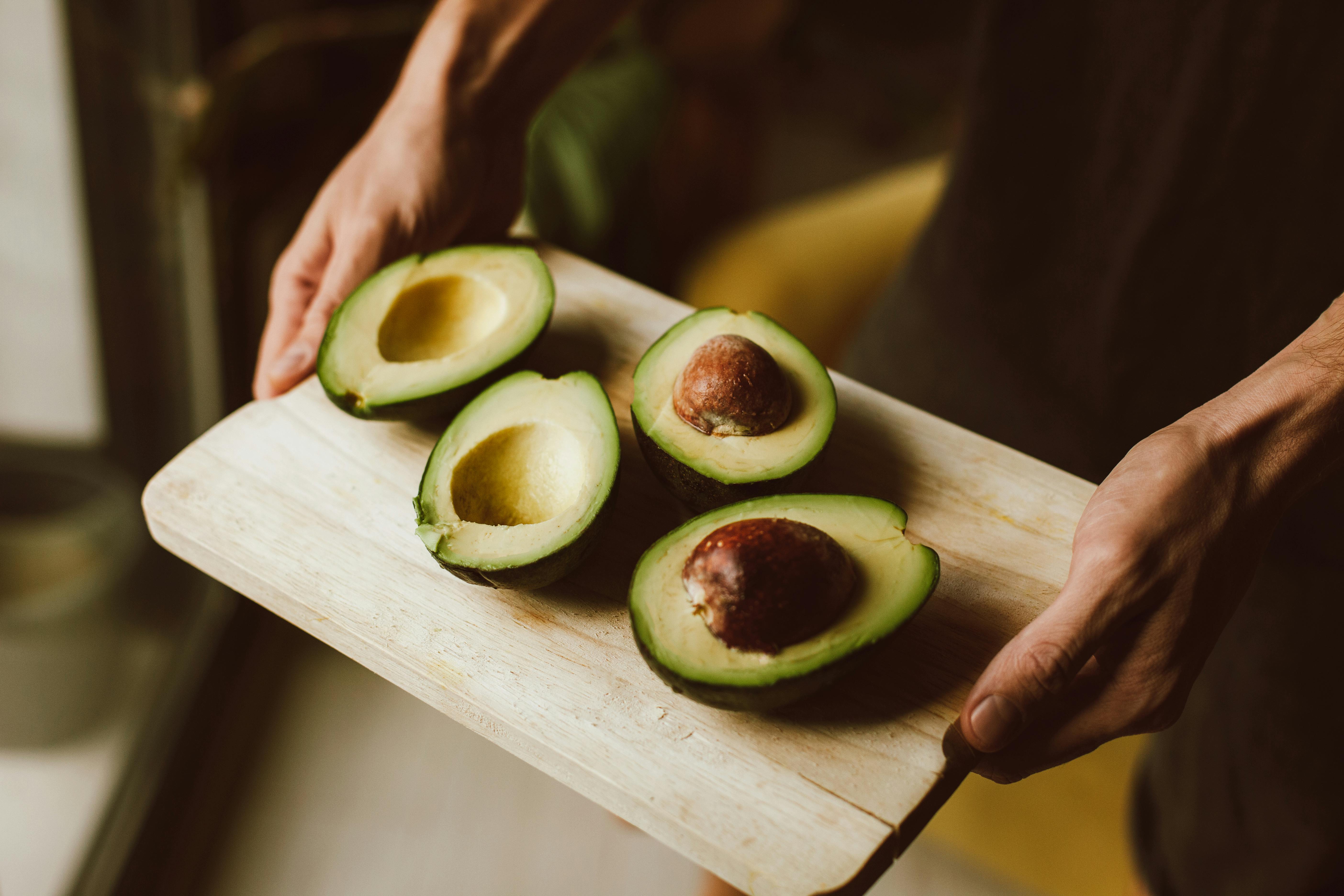
Benefits of sprouted foods
There is an amazing increase in nutrients in sprouted food compared to your dried embryo. In the germination process, vitamins, minerals, and proteins are substantially increased with a corresponding decrease in calorie and carbohydrate content. These comparisons are based on equivalent water content in the measured foods. Analysis of dry seeds, cereals and vegetables shows a very low water content. But this increases up to ten times when the same food is converted into sprouts. For an accurate comparison, each should be brought to a common denomination of equal water content to assess the exact change in nutritional value.
Sprouted mung beans, for example, have an 8.3% increase in water content compared to dry beans.
Therefore, the nutritional value of sprouted and dried mung beans can be compared by multiplying
Nutrients analyzed from sprouted mung beans by the factor of 8.3. Based on this criterion, the
changes found in sprouted mung beans compared with figures for beans in the
dry state are as follows:
Energy content – Calorie decrease 15 percent
Total carbohydrate content Decrease 15 percent
Protein availability 30 percent increase
Calcium content 34 percent increase
Potassium content 80 percent increase
Sodium content Increase 690 percent
Iron content 40 percent increase
Phosphorus content Increase 56 percent
Vitamin A content Increase 285 percent
The content of thiamin or vitamin B1 increases by 208%
The content of riboflavin or vitamin B2 increases by 515 percent
The content of niacin or vitamin B3 increases by 256%
Ascorbic acid or vitamin C content An infinite increase
The increase in protein availability is of great importance. It is a valuable indicator of
higher nutritional value of a food when it sprouts. Simultaneous carbohydrate reduction
content indicates that many carbohydrate molecules are broken down during germination to allow
an uptake of atmospheric nitrogen and reformed into amino acids. The resulting protein is
the easiest to digest of all the proteins available in food.
The notable increase in sodium content supports the view that sprouted foods offer
nutritional qualities. Sodium is essential for the digestive process within the gastrointestinal tract.
and also to the elimination of carbon dioxide. Along with the remarkable increase in vitamins,
sodium contributes materially to the easy digestibility of the sprouts.
Dried seeds, cereals and vegetables do not contain perceptible traces of ascorbic acid, but when
sprouted, reveal fairly significant amounts that are important in the body’s ability to
metabolizes proteins. The infinite increase in ascorbic acid is derived from its absorption of
atmospheric elements during growth.
Sprouts have several other benefits. They supply food in predigested form, that is, food
that has already been acted upon by enzymes and made to digest easily. During
germination, much of the starch is broken down into simple sugars such as glucose and sucrose by
the action of the enzyme ‘amylase’. Proteins are converted into amino acids and amides. fats
and the oils are converted into simpler fatty acids by the action of the enzyme lipase.
During germination, the grains lose their objectionable gas-producing quality. Research has shown
Oligosaccharides are responsible for gas formation. For health maintenance, some
amount of gas production is necessary, but must be within safe limits. as the process of
germination ends and sprouting begins, the percentage of oligosaccharides is reduced by 90.
Sprouts contain a lot of fiber and water and are therefore helpful in overcoming constipation.
Sprouts are an extremely economical method of obtaining a concentration of vitamins, minerals
and enzymes. They contain all the constituent nutrients of fruits and vegetables and are
‘living’ food Eating sprouts is the safest and best way to get the benefits of fruits and
vegetables without pollution and harmful insecticides.
However, you should make sure that the seeds and dried beans are purchased from a store where
they are fresh, unsprayed and packaged as food. Seeds that are packaged for planting purposes.
may contain mercury compounds or other toxic chemicals.
